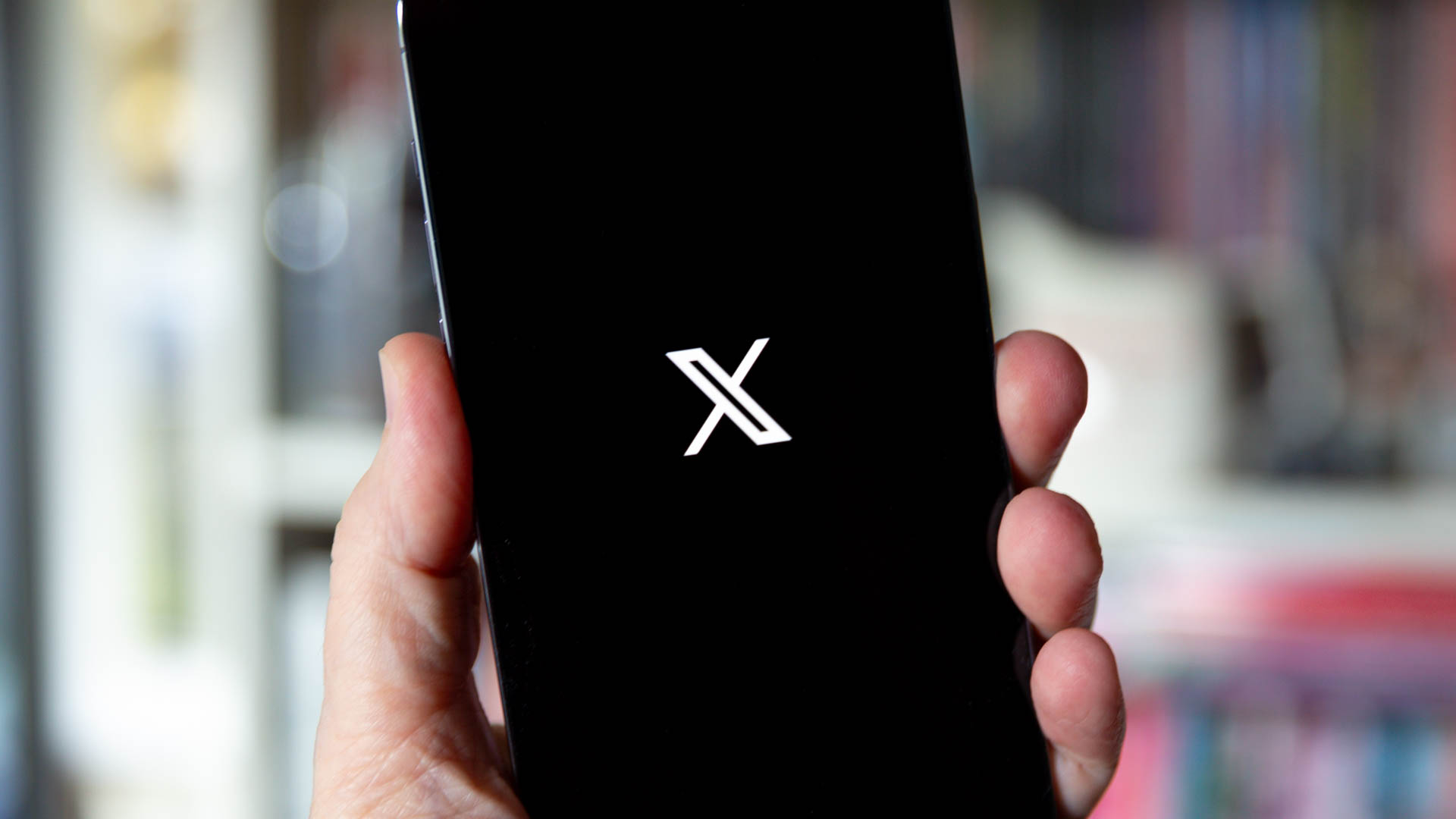X to be hidden behind a paywall for all new users, Musk says
Elon Musk is absolutely definitely totally finally going to solve the X bot problem he he said he'd stop. Definitely. This time. For sure.


X is going to start charging all new users a small fee before they can post, like or bookmark tweets. That's according to Elon Musk, who says that it's "the only way to curb the relentless onslaught of bots". The fee is expected to be around $1/£1.
The fee isn't Musk spitballing. X has already tested it in New Zealand and The Philippines since October 2023, and according to X Daily News there are text snippets in the website that now talk about a small annual fee that users will have to pay in order to use the most basic features of the network. According to MacRumors, if you're not willing to pay the fee you won't be able to post, like or bookmark for three months.
Bots, automated accounts, have been a huge problem on X and on Twitter before Musk's takeover. They're a favourite tool of spammers, and of shadowy groups trying to influence the conversation on social networks. But this new plan isn't the first time Musk has suggested that charging for X will beat the bots – and the last one didn't work.
Why Elon Musk isn't on top of the bots
Remember when X brought in paid verification, so that blue-tick users would have to pay a monthly fee for their formerly free access? That was to battle the bots: at the time, Musk said that it was "the only realistic way to address advanced AI bot swarms taking over." That was so successful that by the time of the Superbowl 2024, reports suggested that the overwhelming majority of Twitter/X traffic was bots.
As Mashable said at the time, "Most X users who are regularly on the platform can attest to a noticeable uptick in seemingly inauthentic activity in recent months." It's so prevalent that "░[REDACTED]░IN░BIO░", which seemingly appears in the replies to any high profile post before long, has become a running joke on the service.
Will money fix it? Probably not: the same bad actors behind the bots aren't going to find it too difficult to use other people's card details, or too expensive to pay for access. And recent research suggests that there's something more fundamentally wrong with X compared to its rivals – something that charging is unlikely to change.
The same Superbowl traffic analysis found that TikTok, Facebook and Instagram, which don't currently charge people to post, like or bookmark, had much lower levels of fakery: around 2% for Facebook, 2.8% for TikTok and 0.96% for Instagram. For X/Twitter, the figure was 31.82% – up from 2.81% the previous year.
Get all the latest news, reviews, deals and buying guides on gorgeous tech, home and active products from the T3 experts
The biggest difference in bot activity is likely to be moderation, both human and otherwise. While Meta's moderation is far from perfect, it does much more of it than X does: one of Musk's first moves when he acquired the service was to sack most of the moderation staff. And of course, charging for new users isn't going to do anything about the massive bot networks that were always there. I suspect we'll be writing about another brilliant bot-busting wheeze in the coming months.
Writer, musician and broadcaster Carrie Marshall has been covering technology since 1998 and is particularly interested in how tech can help us live our best lives. Her CV is a who’s who of magazines, newspapers, websites and radio programmes ranging from T3, Techradar and MacFormat to the BBC, Sunday Post and People’s Friend. Carrie has written more than a dozen books, ghost-wrote two more and co-wrote seven more books and a Radio 2 documentary series; her memoir, Carrie Kills A Man, was shortlisted for the British Book Awards. When she’s not scribbling, Carrie is the singer in Glaswegian rock band Unquiet Mind (unquietmindmusic).
